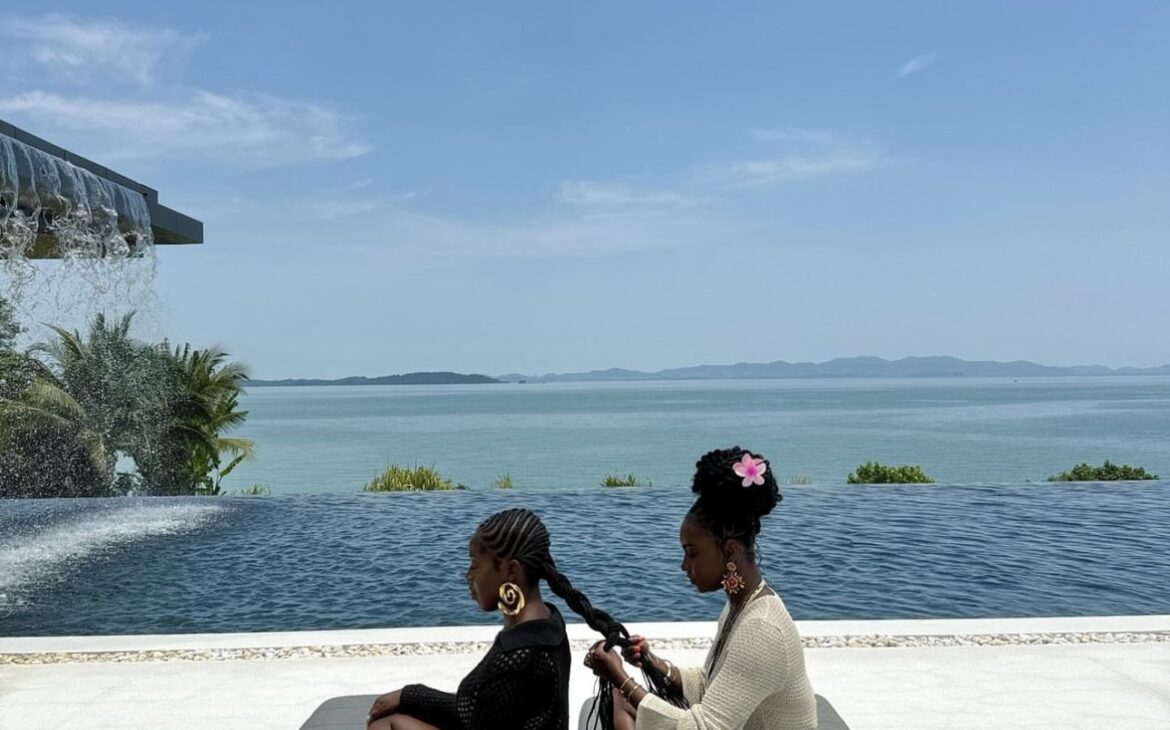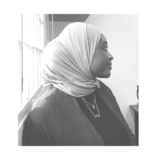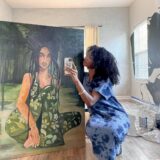What Influences Your Perception of Beauty?

In a world where appearances reign supreme, the quest for beauty can often seem like a never-ending chase. What is considered beautiful today may die out tomorrow, as beauty standards are constantly evolving, and shaped by a multitude of cultural, societal, and individual factors. From fashion runways to social media, from glossy magazines to Hollywood blockbusters, beauty standards are everywhere and dictating what is attractive and desirable. But what determines our perception of beauty? Let’s dive deep into this fascinating topic and uncover the secrets that lie behind our ever-changing notions of beauty!
Beauty standards are not constant and they change over time and across different cultures. These standards are influenced by cultural norms and historical contexts, which reflect the values, beliefs, and social structures of the society. Different cultures have celebrated diverse ideals of beauty throughout history. For example, in ancient Egypt, beauty was associated with symmetry, youthful features, and intricate adornments, as evidenced by the iconic bust of Queen Nefertiti.
Let’s take a moment to ponder upon our present day. With the world becoming more interconnected than ever before, thanks to globalization and social media, it’s no surprise that beauty standards have become more universal too. But does that mean we’re all striving to look the same? Not quite. While the Western definition of beauty is slim figures, blemish-free skin, and sharp facial features have certainly made its way across the globe through movies, ads, and fashion magazines, it is not the only definition out there. Cultures from all corners of the world are embracing their unique definition of beauty, one that celebrates diverse body types, skin tones, and facial features. Isn’t that amazing?
Have you ever wondered what makes something beautiful? It’s not just about the way it looks, but a combination of many different factors that come together to create a unique and multi-dimensional experience. From the way we feel when we see something stunning to the people we surround ourselves with, everything plays a role in shaping our perceptions of beauty. Our own experiences also play a massive part in this. Think about how you feel when you’re feeling your best, and how that influences what you find attractive in others. It’s a fascinating and ever-changing concept that never fails to capture our attention. So, what do you think makes something truly beautiful?
The beauty industry is currently undergoing a major revolution, and it’s all thanks to the incredible movements of #BodyPositivity and #EffYourBeautyStandards. People are finally standing up against traditional beauty standards and embracing their unique features, all while celebrating diversity in all its forms. From social media to the world of fashion, brands are taking note and are now featuring individuals of all ages, sizes, ethnicities, and gender identities in their marketing strategies. This shift towards more authentic and inclusive representations of beauty is nothing short of revolutionary, and we can’t wait to see what comes next!
Have you ever wondered why people have such different ideas about what is beautiful? Well, it turns out that personal experiences and perceptions have a huge impact on our notions of beauty. Think about it! Our upbringing, cultural background, personal preferences, and life experiences all come together to create our unique sense of what is aesthetically pleasing. It’s fascinating when you start to think about it. Have you ever wondered why different people have different opinions on what is beautiful? It’s because beauty is subjective and what one person finds appealing, another might not. It just goes on to show how diverse we are as individuals.
While it’s true that external factors can influence our perception of beauty, it’s important to have a sense of self-awareness and think critically. By questioning and challenging societal norms and embracing diversity in all its forms, we can develop a more inclusive and empowering understanding of beauty. This understanding would celebrate authenticity, individuality, and self-expression.
Beauty is not something that can be defined by a fixed standard. It’s a dynamic and multi-faceted concept that evolves with time and perspective. So, let’s celebrate our differences and embrace the uniqueness that each one of us brings to the table.



